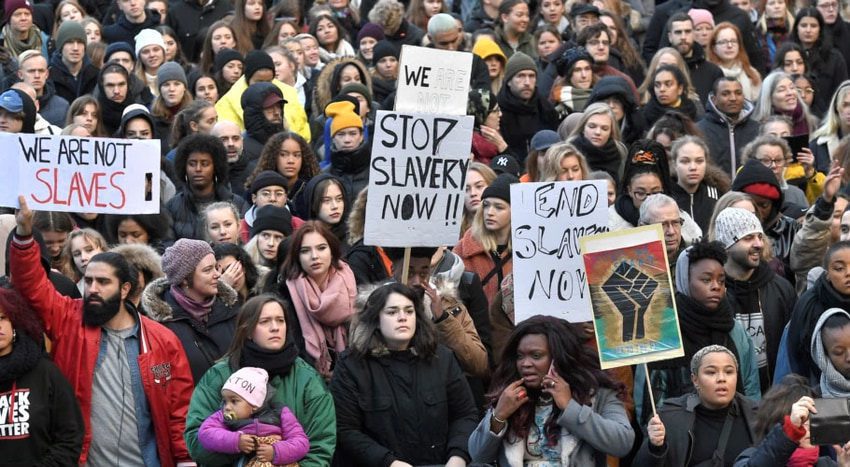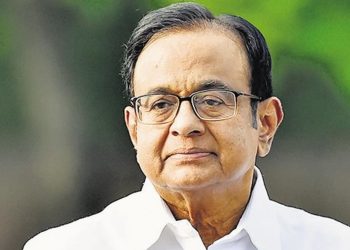GENEVA: The International Day for The Abolition Of Slavery is being observed around the world, including in Pakistan.
Mankind has made unprecedented progress since the 20th century but has not been able to get rid of slavery in the 21st century. Millions of people around the world are still enslaved. According to the details, in the old days, human beings were kept as slaves for a few coins, nobles, or property.
People imprisoned them, forced them to do whatever they wanted, and inflicted severe torture and corporal punishment. There was no one to ask the unjust masters. With the advent of Islam, all the rituals of slavery and unjustified restrictions on mankind were buried. The Prophet (peace and blessings of Allaah be upon him) declared that if someone is your slave, then feed him, feed him and clothe him with what you eat, drink and wear. The modern world has adopted the same practice.
International organizations said that slavery is not over and even today human beings are somehow enslaved, it stated. Modern forms of slavery include forced labor in the name of debt and kidnapping and trafficking.
According to the Walk Free Foundation, five countries have the highest number of slavery chains in the world, with India being first, China second, Pakistan third, Bangladesh fourth, and Uzbekistan fifth. According to the Walk Free Foundation, modern slaves in the population of these five countries alone make up 58 percent of the world’s slaves. Other countries in the world also have the worst examples of modern slavery that need to be abolished.
Awareness walks, seminars and other events will be held around the world, including in Pakistan, on the occasion of the International Day for the Elimination of Slavery, which aims to eradicate serious crimes such as human trafficking, forced marriage of girls, child labor, and sexual exploitation.
The main purpose of celebrating World Day is also to express sympathy against the mistreatment of the poor, ethnic groups, minorities, immigrants, and poor women. Every year on World Anti-Slavery Day, electronic media programs are broadcast and features are published in print media.




































